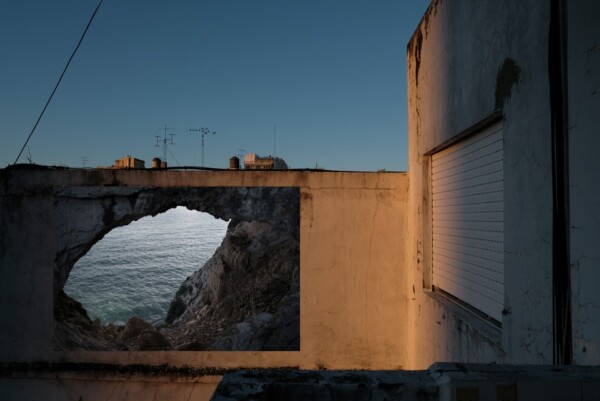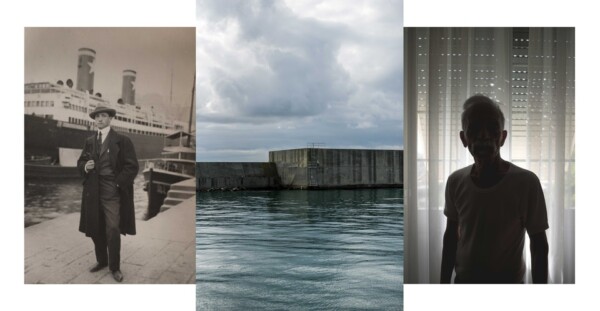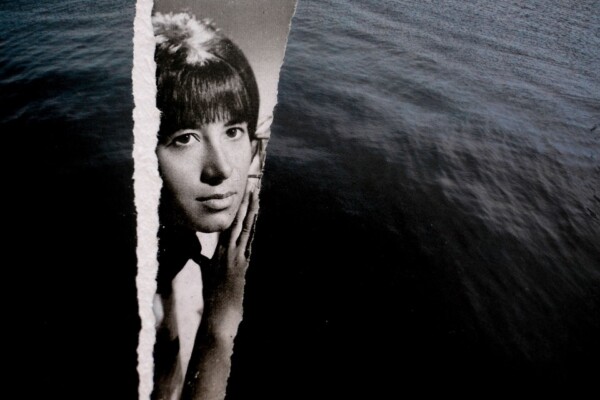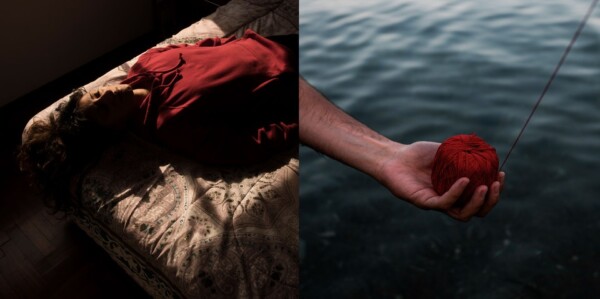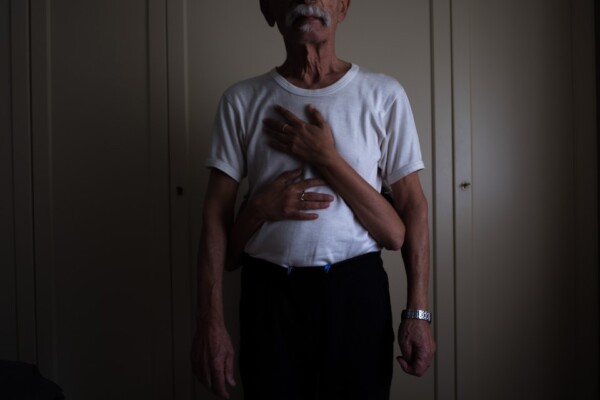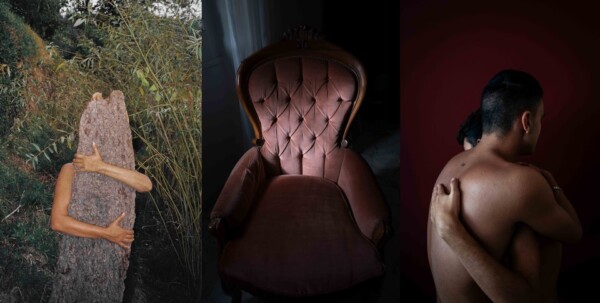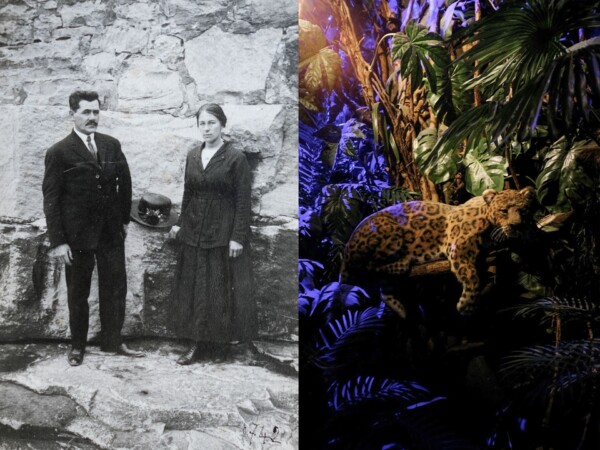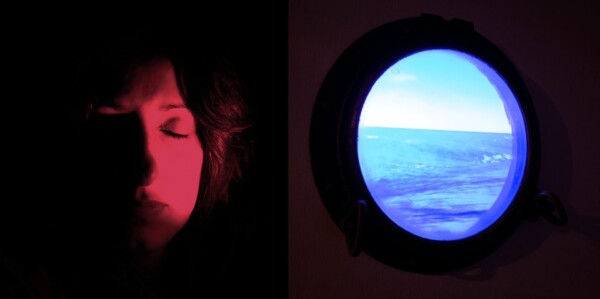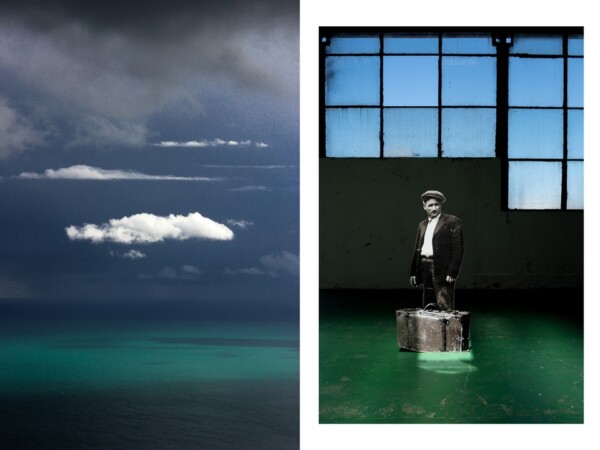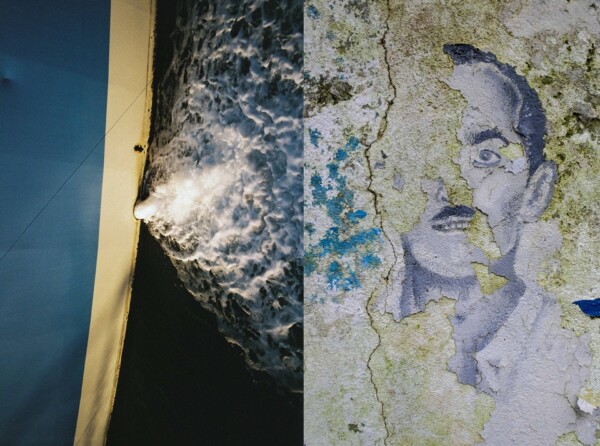For a long time, Italy was a country of emigrants. Today, the cycle of the great mass exodus seems to have ended and turned into something more fluid. Italy has become a land of immigration and yet Italians continue to go abroad, moving away from a country that oscillates between the universality of the human being and the feeling of identity. This photographic story was born out of a need to try to understand the most intimate, emotional and multifaceted meaning of migration, looking at my family, who emigrated to northern Italy after World War II, and at myself, who left Genoa and arrived in Buenos Aires, a city that last century saw the arrival of millions of Italians in search of a better future.
The ocean that separates us becomes, at the same time, a place that unites us. Documenting this passage was useful to me in order to expand the meaning of migration as a social fact that does not only concern the person who decides to undertake the journey, but extends to the whole community and affects it profoundly. On my path, migration thus becomes an existential caesura that marks a before and an after. It is an event that questions the identity of the people involved, opening the way to change, but also to uncertainty, to the fear of being forgotten, to the need to create new relationships. To migrate means to meet a new horizon, like sailing on a rough sea which, although it conveys restlessness, is by nature open to all. Can we recognise and accept that identity, despite its pretensions and illusions, is radically elusive? Emovere: from Latin, it is equivalent to move out, bring out, move.

